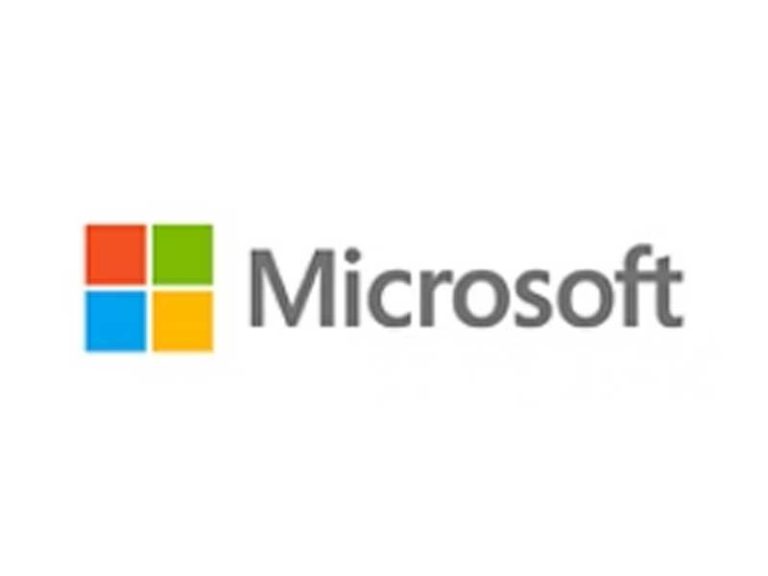
By Willy Okonji-
LAGOS, Nigeria – Microsoft has outlined a bold vision for accelerating artificial intelligence (AI) adoption across Nigeria, emphasizing that while the country faces significant challenges, strategic implementation could unlock enormous economic and social benefits.
This message was central to AI in Nigeria, a newly released white paper commissioned by Microsoft and developed in collaboration with PwC and Lagos Business School. The findings were presented during the recent Microsoft AI Skills Week held in Lagos — a five-day initiative aimed at empowering business leaders, developers, and everyday users with the knowledge and skills to drive AI integration.
“Although AI is still an emerging field with early-stage applications in Nigeria, global advancements and the growing recognition of AI’s transformative power have catalysed a shift in mindset across the country,” said Ola Williams, Managing Director for Microsoft Nigeria and Ghana. “Entrepreneurs, researchers, and policymakers are now exploring AI to address local needs and drive growth.”
The white paper points to several promising government-led efforts, including the Nigeria Artificial Intelligence Research Scheme (NAIRS), the National Centre for Artificial Intelligence and Robotics (NCAIR), and the recent launch of Nigeria’s National AI Strategy. These initiatives are designed to foster innovation, research, and policy development that can position Nigeria as a leader in the continent’s AI revolution.
Olufemi Osinubi, Partner and WMA Consulting Risk Services Leader at PwC Nigeria, emphasized the opportunity and urgency of this moment:
“We stand at a pivotal moment where AI is revolutionising industries and transforming economies. While AI’s benefits are immense, balancing risks and rewards is crucial. By building trust and robust governance frameworks, Nigeria can overcome challenges and harness AI’s potential.”
The report acknowledges major hurdles, including inadequate infrastructure, regulatory ambiguity, limited funding, and a shortage of skilled AI professionals. Many trained individuals are emigrating in search of better opportunities, further widening the talent gap.
In response, initiatives like Microsoft’s AI Skills Navigator and the Federal Ministry’s 3MTT (Three Million Technical Talent) programme are working to equip the next generation of Nigerians with vital technical skills.
Olayinka David-West, Dean and Professor of Information Systems at Lagos Business School, noted:
“Our commitment at Lagos Business School is to partner with government and industry not only in defining AI strategies and use cases, but also in building the analytical capabilities, ethical mindsets, and leadership competencies required to sustain Africa’s digital renaissance.”
The white paper also highlighted real-world AI applications already making an impact. In finance, Nigerian banks are deploying AI-powered chatbots for customer service. E-commerce platforms like Bumpa offer AI-driven business coaching, while agricultural tech firms such as Kitovu are using AI to deliver crop analysis and farming recommendations tailored to individual farmers.
Despite public fears that AI might eliminate jobs, the data tells a more nuanced story. A recent CEO survey cited in the report revealed that only 13% of Sub-Saharan companies using AI had reduced staff, while a workforce study found that 70% of Nigerian respondents expect generative AI to improve work efficiency, and 88% believe it will enhance creativity and skills development.
Williams concluded with a call to action:
“By bringing together stakeholders across the country to identify the specific challenges to AI adoption in Nigeria and providing actionable recommendations for progress, we believe this white paper will serve as a powerful blueprint. Together, we can ensure that Nigeria not only keeps pace with the AI era but also emerges as a formidable digital powerhouse.”
The AI in Nigeria white paper offers a roadmap not only for technology adoption but for inclusive growth—highlighting AI’s potential to address inequality, improve public services, and boost productivity across key sectors of the Nigerian economy.



